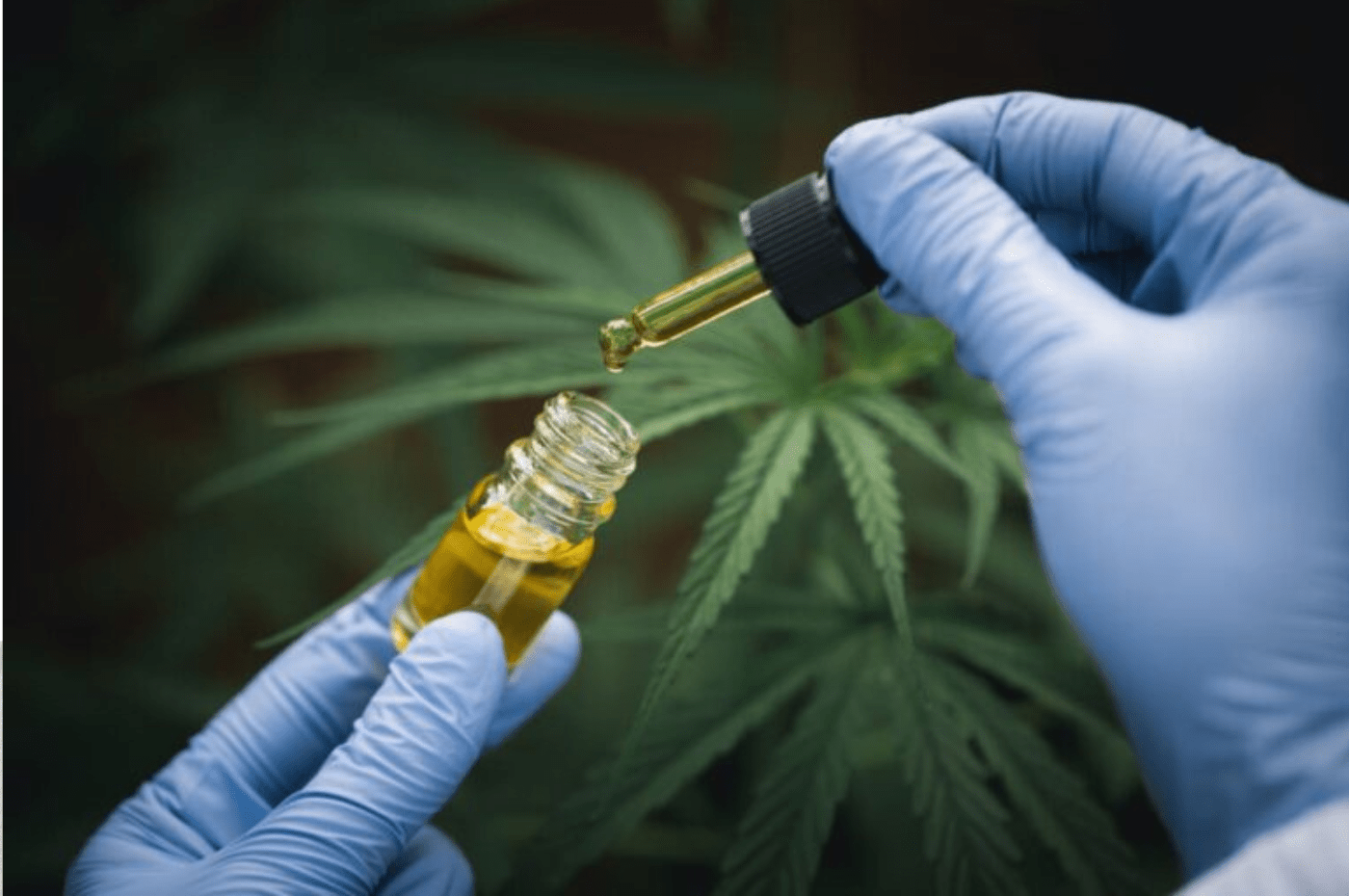Spinal stenosis is a painful condition that arises when the spaces within the spine narrow, putting pressure on the nerves in the spine. This leads to numbness, weakness, cramping, and consistent neck and back pain.
There are traditional treatment options such as oral anti-inflammatory medications, steroid injections, and even surgery but people have lately started turning to natural alternatives such as CBD.
CBD is a non-psychoactive compound that is derived from the cannabis plant and has anti-inflammatory analgesic and neuroprotective properties. As people continue to choose CBD for pain management, let us take a closer look at whether it could be beneficial for people dealing with spinal stenosis.
Understanding Spinal Stenosis
A condition in which the spinal canal (the space that surrounds your spinal cord and protects the same from damage.) narrows while causing pressure on the spinal cord as well as the nerves is known as spinal stenosis.
Due to the narrowness formed in the spinal canal, one may experience pain, numbness, weakness, or even loss of sensation in the arms or legs. While people usually see the symptoms fast, it is also possible that someone who has developed spinal stenosis, may not see any symptoms at all.
This condition can make it difficult for patients to do regular activities like climbing the stairs, driving, exercising, etc.
Types
Spinal stenosis types depend on where they are occurring. The two main types are:
- Foraminal Stenosis – This type of stenosis refers to the narrowing of the small openings, called foramina, situated on the sides of the spinal column via which the spinal nerve roots exit. It is most common in the lower back area including the legs, hips, and buttocks, and can cause pain, numbness, tingling, or weakness.
- Central Canal Stenosis – This type of stenosis occurs when the central spinal canal, which the spinal cord passes through, narrows. This condition can cause pain in the neck and shoulder regions as it puts pressure directly on the spinal cord.
Symptoms, Causes, and Diagnosis
Spinal stenosis can lead to compression of the nerve roots, which can cause pain and other symptoms such as:
- Pain or a sensation of numbness in your buttocks and legs.
- Loss of sensation
- Trouble in moving legs
- Problem in bowel movement
- Trouble in intercourse
CBD For Spinal Stenosis
CBD is a new and relatively underrated alternative for pain, including spinal stenosis. Research suggests it may help relieve inflammation. It is available in various forms such as topical creams and gels which have shown better results in cases of inflammation and neuropathy, making these a good option for back and neck pain.
Potential Advantages
Anti-inflammatory Properties
One of the primary benefits of CBD is that it helps in reducing spinal stenosis symptoms through its anti-inflammatory effects. Inflammation leads to the compression of spinal nerves that causes subsequent pain, numbness, and weakness.
CBD interacts with the endocannabinoid system that contributes to reduction of inflammation. CBD helps to minimize stenosis-related discomfort by reducing inflammation around affected nerves and in the spinal column.
Pain-relieving Effects
CBD has pain-relieving (analgesic) properties that benefit people dealing with spinal stenosis. It influences the pain perception channels in the brain and influences how pain signals are transmitted by interacting with receptors throughout the body’s endocannabinoid system.
Several studies have proved that CBD can help reduce overall pain levels and discomfort dealt with in the human body.
Neuroprotective Properties
There is emerging evidence through research that CBD offers neuroprotective benefits by promoting neural tissue health and aiding in neuroregeneration.
This could be beneficial for patients dealing with spinal stenosis symptoms such as numbness, tingling, or weakness caused due to the compression of the spinal nerves.
CBD’s antioxidant property helps to protect the neurons against any damage as well as degeneration.
Also Read : CBD Oil in India
Using CBD For Spinal Stenosis
CBD comes in multiple product forms that could be utilised by patients dealing with spinal stenosis. The different forms available are:
- Tinctures (taken sublingually)
- Oil (taken sublingually)
- Topical creams (applied directly on the areas of discomfort)
- Edibles like gummies or capsules (taken orally)
There is no set ideal dosage of CBD in case of spinal stenosis since an effective dosage differs from person to person depending upon weight, severity of condition, other medications, etc.
Mostly it is recommended to start with a low dosage of 5-15 mg per day and gradually increase the amount taken to figure out the effective dosage. However, please note that it is appropriate to always consult a doctor before starting the dosage.
Main Forms of CBD
CBD products come in two main forms:
- Full spectrum CBD Oil: It contains all cannabinoids from the hemp plant which also includes THC (under 0.3%) along with terpenes and other compounds that produce “entourage effects”.
- Isolate CBD Oil: It is just pure CBD with no additional cannabinoid compounds.
Safety and Side Effects
Research and studies prove that CBD is considered to have a favourable safety profile and is generally well-tolerated by most people. No significant issues have been reported regarding CBD’s safety as such in the clinical trials and research reviews. Plus CBD is non-intoxicating and non-addictive.
WHO has stated that “CBD is generally well tolerated with a good safety profile…and is not associated with any negative public health effects.”
The commonly reported side effects of CBD are:
- Drowsiness/fatigue
- Diarrhoea
- Changes in weight/appetite
- Dry mouth
Please Note: CBD can interact with certain medications by blocking the cytochrome P450 enzyme system involved in metabolizing many drugs. This could either increase or decrease drug levels in the body. People taking any medications should make sure to consult their doctors before using CBD.





Leave a comment
This site is protected by hCaptcha and the hCaptcha Privacy Policy and Terms of Service apply.